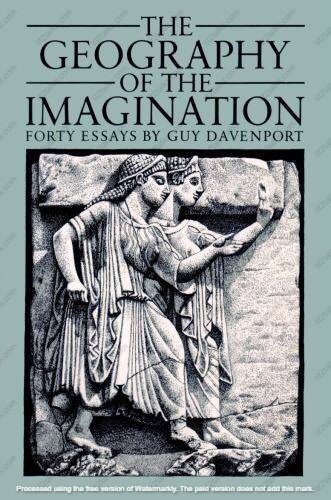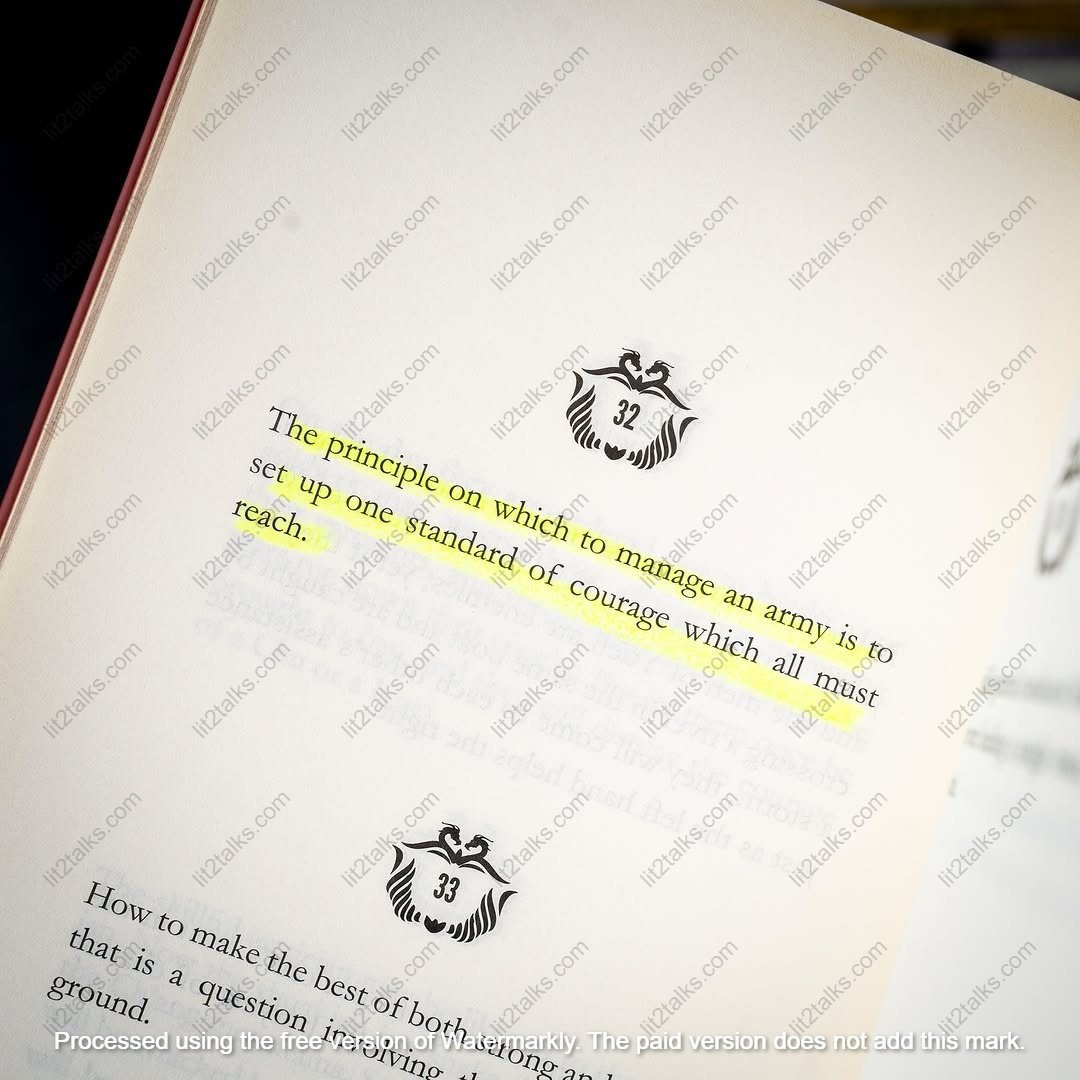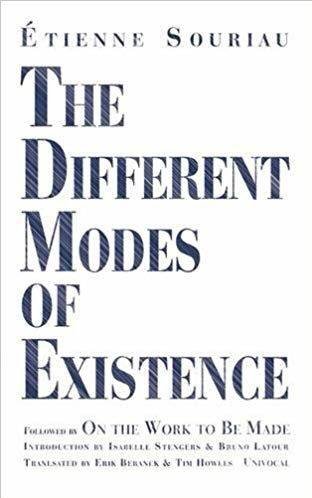

Violence by Slavoj Žižek
Private Book Reader
Upload and read your personal PDF books in our secure reader
Read Your Private BookShort Audio Book Summary
Violence by Slavoj Žižek Summary
0:00 / 0:00Reviews
No review yet. Be the first to review this book!
Description
Violence by Slavoj Žižek is a provocative and deeply philosophical examination of the many faces of violence that shape our world. Published in 2008, this compact yet powerful book challenges the reader to look beyond the immediate and obvious acts of violence—such as war, crime, and terrorism—and consider the more insidious forms that often go unnoticed. Žižek, known for his sharp wit, psychoanalytic insights, and cultural critiques, argues that true understanding of violence requires looking at its systemic, symbolic, and structural dimensions. Žižek begins by differentiating between what he calls subjective violence, the kind we can easily see (acts of terror, crime, direct physical harm), and objective violence, which is embedded in political and economic systems. Objective violence includes the inequalities and injustices perpetuated by global capitalism, social institutions, and language itself—forms of violence that are normalized and often invisible. He also explores symbolic violence, rooted in ideology and language, which shapes how we perceive the world and each other, often reinforcing power and inequality without overt force. Throughout Violence, Žižek analyzes events ranging from 9/11 and global terrorism to racism, refugee crises, and the effects of capitalism on the developing world. He critiques liberal responses to violence, arguing that calls for tolerance and non-violence often obscure deeper structural problems. Žižek insists that attempts to address violence superficially—by merely reducing overt aggression—fail to confront the systemic conditions that produce it. One of the central provocations of the book is Žižek's claim that liberal-democratic societies often perpetuate violence under the guise of peace and order. He suggests that real change requires radical shifts in how we understand and dismantle these underlying structures of violence. Violence is both accessible and challenging. Žižek blends philosophy, psychoanalysis (drawing heavily on Lacan), and pop culture references to dissect the complexities of modern violence. The book pushes readers to question comfortable assumptions and confront the unsettling reality that violence is not just about physical harm but deeply woven into the fabric of our social, political, and economic systems. For those interested in political philosophy, critical theory, and contemporary social issues, Violence is an essential and eye-opening read.



 May 03, 2025
May 03, 2025








 May 03, 2025
May 03, 2025






 May 03, 2025
May 03, 2025















.jpeg)

.jpg)




.jpg)








.png)



.jpeg)


.jpg)
.jpeg)


.jpeg)


.jpg)





.jpg)



.jpeg)










.jpg)
.jpg)











































